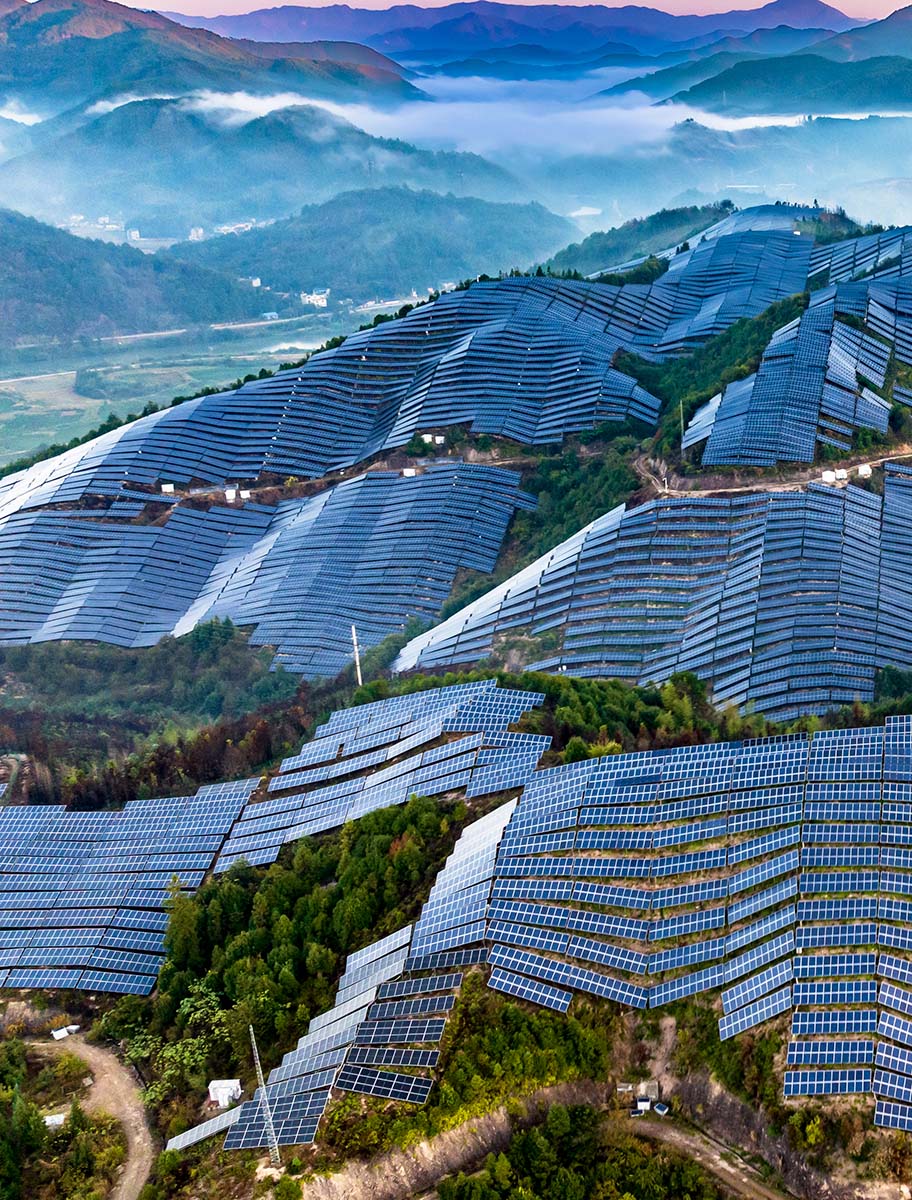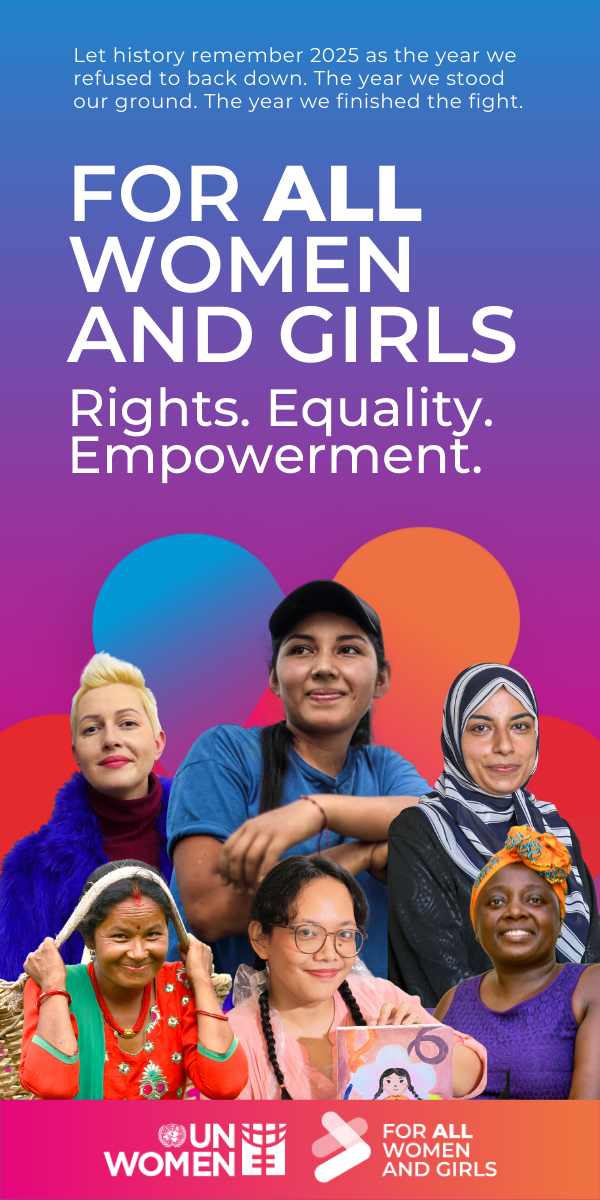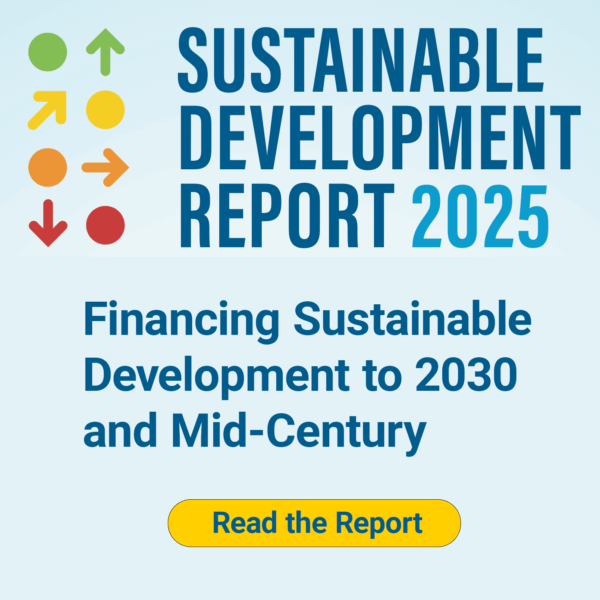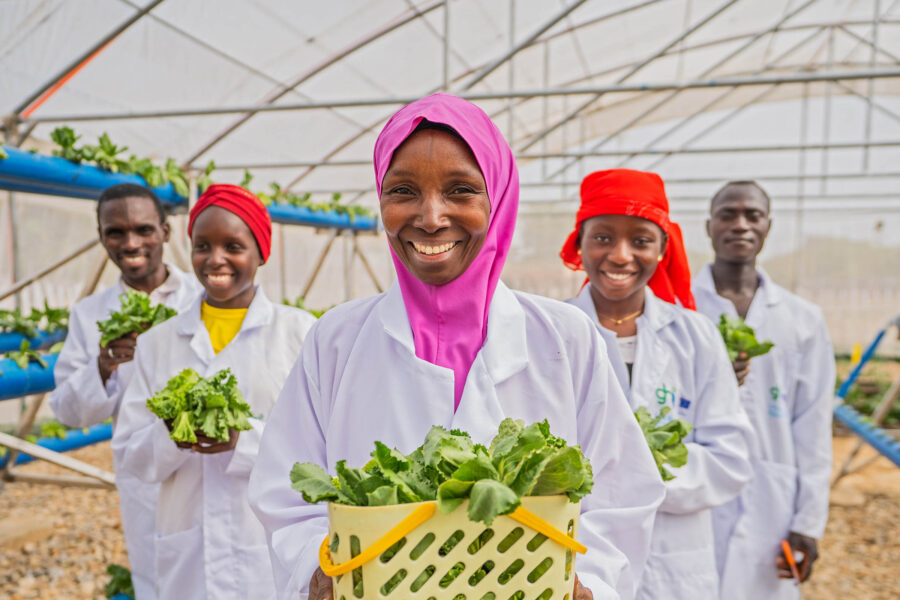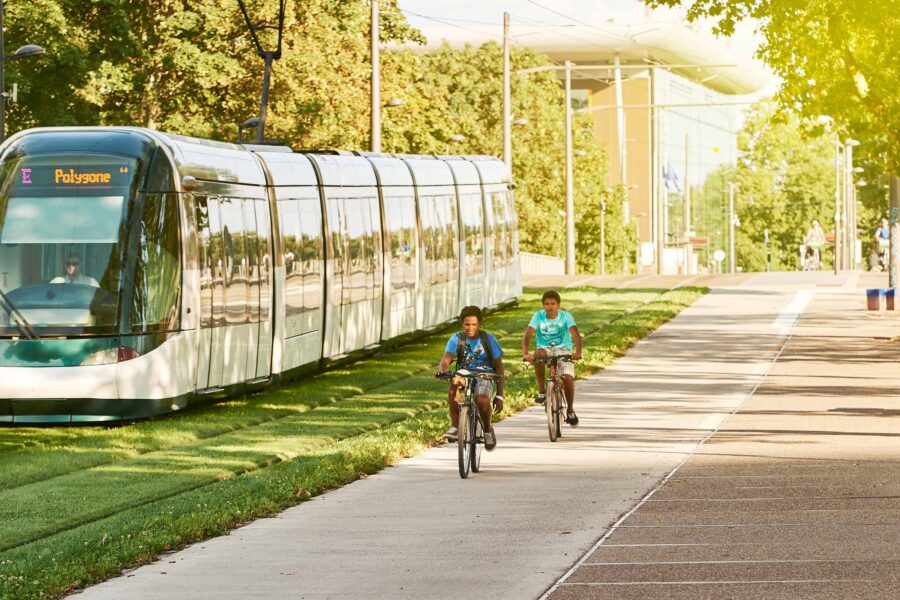COP30: an opportunity beyond climate
Global instability and rising emissions threaten to derail progress just as the world reaches the critical 1.5°C threshold. COP30 in Brazil offers a chance to turn ambition into action – but only if multilateralism can overcome today’s fractured geopolitics
Climate — Global
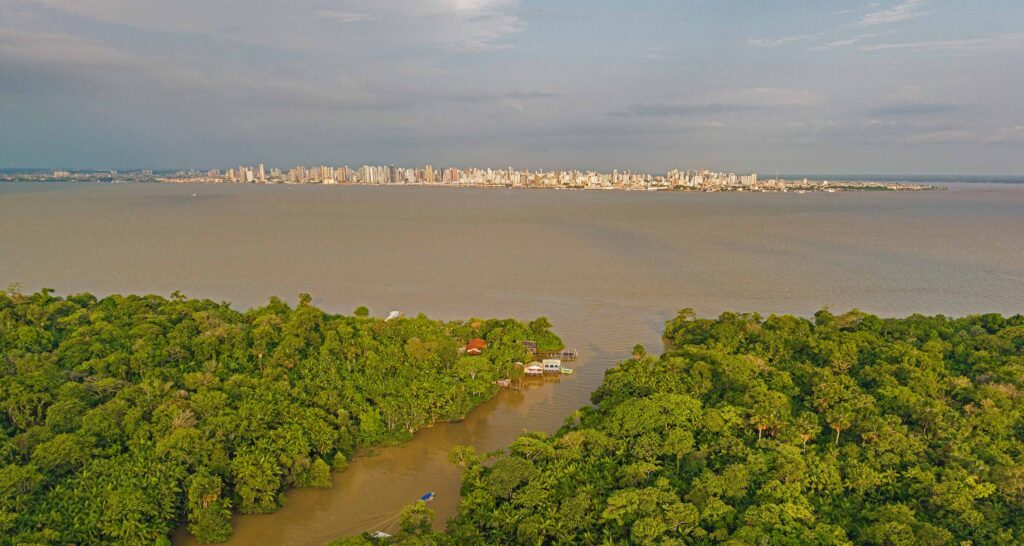
Recent changes in global geopolitics pose enormous challenges to much of the world’s population, presenting tangible risks to both current and future generations. In this scenario, multilateralism becomes more crucial than ever. In the face of global crises related to climate change, biodiversity loss, pandemics, and international security issues, cooperation between nations is essential to seek collective solutions that transcend national borders.
The Paris Agreement is an example of how multilateral diplomacy can generate significant progress in climate action. Its goals include limiting global warming to 1.5°C. Despite persistent geopolitical and economic challenges, the agreement has shown resilience, and the international regime remains the main global framework for combating climate change.
However, while it has generated important progress, the real impact of the established goals remains below what is needed. Global emissions continue to rise and in 2024 we reached the 1.5°C threshold of warming for the first time, highlighting the urgency of scaling up more ambitious action.
Slow progress on the Paris goals raises crucial questions about why climate action is not happening at the scale needed. Nationally determined contributions (NDCs) are a good start, but the lack of robust mechanisms to ensure that these goals are translated into practical and measurable actions has left a significant gap between ambition and implementation.
Action demands cooperation
The solution to this gap may lie in strengthening international cooperation: going beyond individual national contributions and fostering an environment of greater accountability and global solidarity. A critical assessment of current frameworks and creating stronger mechanisms to turn commitments into tangible results are essential.
COP30, to be held in Belém, Brazil, from 10 to 21 November 2025, offers a unique opportunity to redefine the course of climate negotiations and seek solutions that help accelerate the implementation of practical actions. The conference’s success will hinge on aligning ambition with action. The COP must reinforce multilateralism as the key to swifter, more effective responses to address the climate crisis – and its socio-economic consequences for citizens and businesses.
Preserving our collective future requires not only commitments, but also urgent and transformative actions. On the climate agenda, we cannot repeat the stark lack of coordination between key global actors that occurred during the pandemic. Such a repetition would negatively impact the lives of millions of people, especially the most socio-economically vulnerable.
In the context of tackling the climate crisis, the prevalence of unilateral attitudes to the detriment of multilateralism harms:
- the flourishing of more resilient and safe food systems
- the preservation of ecosystems that provide crucial environmental services for the economy
- the consolidation of new energy systems and technologies that are more conducive to human health
- the social inclusion of more vulnerable communities
The erosion of multilateralism runs counter to humanity’s best interests.
Multilateralism at a crossroads
In a globalized world, international decisions can directly affect the lives and rights of all. Defending multilateralism also means defending democracy, ensuring transparency and social participation in global governance. COP30 can be a first step toward addressing the power imbalances and unilateral attitudes behind the current weakening of global multilateral institutions. The most important decision now is to elevate the climate agenda at every level, nationally and internationally. We have no right to fail future generations.
SDG Action sidebar: COP30: the “Global Mutirão”

Brazil’s vision for its presidency of COP30 is designed to invoke the spirit of multilateralism that gave birth to the Paris Agreement ten years ago. It has adopted the tagline ‘Global Mutirão’ – the term mutirão comes from the indigenous Tupi-Guarani language and describes a community-based mobilization to achieve a common good.
In the run up to COP30, André Aranha Correa do Lago, the COP30 President Designate, has invited stakeholders to work with him on creating a framework for this mutirão that brings together grass-root initiatives into an aligned global mobilization. In his letters to stakeholders, he has set out the COP30 priorities as:
- to reinforce multilateralism and the climate change regime under the UNFCCC,
- to connect the climate regime to people’s real lives, and
- to accelerate the implementation of the Paris Agreement by stimulating action and structural adjustments across all institutions that can contribute to it.
Featured in:
Climate Action edition 2025
Beyond the disappointing headlines from COP30, progress is still being made on climate action. Even without the roadmap for the phaseout of fossil fuels making it into the conference's final statement, fossil fuels are on their way out. Renewables have already reached the tipping point where they are commercially more attractive than fossil-fuel alternatives - momentum for the transition will start to gather pace.
This edition picks up on themes from the latest COP: systems transformation, human dimensions and planetary stewardship.
Authors include: Yamide Dagnet, Emi Minghui, Selen Inal, Jumpei Takami, Bilel Jamoussi, Karen Ellis, Mohamad Ansarin, Diana Denke, Juan Lucas Restrepo, Beatrice Mosello, Alexandra Steinkraus, Mauricio Voivodic, Meghna Das, Mariana Matoso, Bernardo Arce and Mia Calle.
Publication date: 26 November 2025

